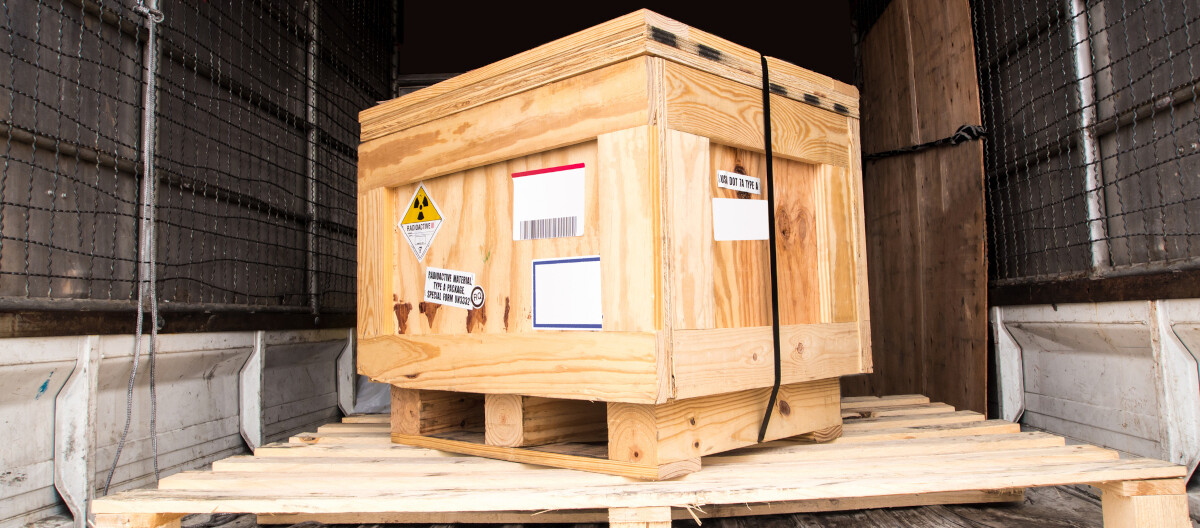The ESG risk landscape: the COVID-19 pandemic and its aftermath
A 2022 report by ESG research company RepRisk revealed that existing ESG risks were amplified by the COVID-19 pandemic. The meat processing industry, for example, was already under scrutiny for its health and safety procedures in the years leading up to the pandemic: in 2020, however, a pattern of consistent severe risk incidents became apparent.
As most companies were unprepared for this exceptional set of circumstances, there was a sharp increase in anti-competitive practices due to financial problems. Instances of “greenwashing” to cover up adverse impacts on the environment also increased, as well as risk incidents relating to companies’ liability in failing to protect their workers against the COVID-19 virus itself. With the increase in online shopping brought about by lockdowns, incidences of unsafe working conditions and exploitation within the retail and fashion sectors also came to public attention.
Challenges for UK supply chains: Brexit, war and inflation
In addition to the COVID-19 pandemic, the global economy has been impacted by a number of other factors, including the Russian invasion of Ukraine in 2022. The impact of the UK’s exit from the EU also continues to impact supply chains. EU suppliers remain hesitant to do business with the UK, and in August 2022 80% of UK businesses cited Brexit as the biggest supply chain disruptor. Since the end of the Brexit transition period in December 2020, businesses have struggled with increased delays, red tape and the attendant costs. Smaller businesses have been especially impacted, as they have narrower margins to absorb shocks and fewer resources to cope with increased administration.
Another factor negatively impacting the UK economy is inflation. There was a sharp increase in the cost of living during 2021 and 2022, with the annual rate of inflation reaching a 41-year high in October 2022. Although there are signs that this is now easing, in October 2023, the UK’s annual inflation rate remained relatively high at 4.6%, compared with Germany (3.0%), the US (2.1%) and Italy (1.8%).
Businesses, as well as consumers, are struggling with high fuel costs and a steep rise in the price of raw materials and goods in general - resulting in concerns about insolvency among both businesses and suppliers. Faced with all these challenges, many companies are abandoning their ESG initiatives but, as we have seen, non-compliance can damage a business even further.
Achieving ESG compliance in the supply chain
Ensuring compliance with legislation such as the Modern Slavery Act 2015, which is mandatory for UK companies with an annual turnover above £36 million, is now less onerous due to extensive government guidance. The UK government has also issued a green claims checklist, outlining the criteria necessary for claiming that a product, business or service is beneficial to, or at least less harmful to, the environment.
The EU has already adopted a proposal for corporate sustainability due diligence, which will affect large UK-based companies active in the EU - although not SMEs, which could nevertheless be indirectly affected. In the UK, a set of sustainability disclosure standards is currently being produced, with implementation scheduled for July 2024. The UK Sustainability Disclosure Standards will be based on the IFRS Sustainability Disclosure Standards issued by the International Sustainability Standards Board (ISSB).
While events such as wars or a global pandemic are clearly difficult to predict, companies can increase their resilience by implementing a robust ESG due diligence risk management process, reducing vulnerability to disruption in supply chains. This includes ensuring that any supply of labour is legitimate, obtaining information on the sourcing of ‘forest risk’ commodities such as palm oil, as detailed in the Environment Act 2021, and ensuring that the supply chain is not impacted by financial crime, such as bribery or facilitation of tax evasion.
